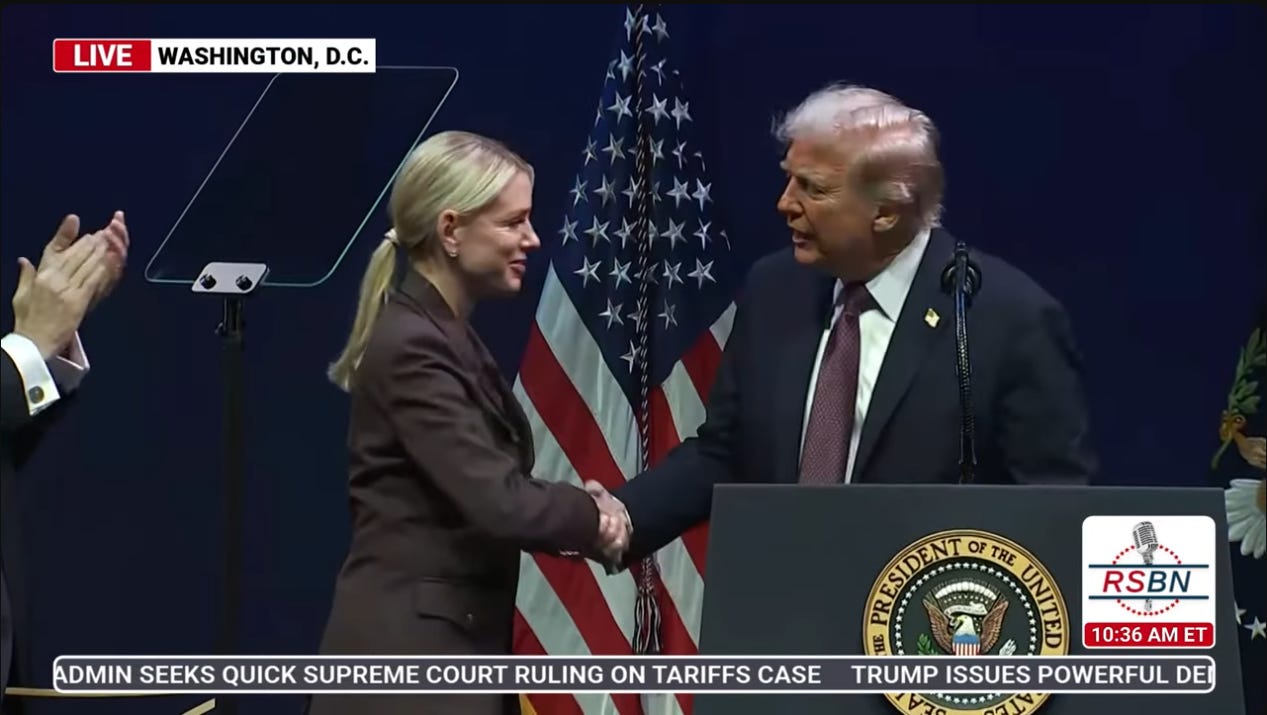President Trump Delivers Remarks to the White House Religious Liberty Commission
The White House Religious Liberty Commission is an advisory body established by President Donald Trump via executive order on May 1, 2025, and housed under the Department of Justice.
Its primary purpose is to advise the White House Faith Office and Domestic Policy Council on religious liberty policies in the United States, including recommending steps to secure domestic religious liberty and identifying opportunities to advance religious liberty globally.
The Commission is tasked with exploring the past, present, and future of religious liberty in the U.S., including its foundations, current threats, and strategies for preservation and enhancement for future generations.
It is also responsible for recommending programs to increase awareness and celebrate America's religious pluralism.
Specific topics for consideration include
the First Amendment rights of religious leaders, institutions, and speakers
attacks on houses of worship; debanking of religious entities
conscience protections in healthcare and regarding vaccine mandates
parental rights in religious education and school choice
President Trump appointed Texas Lt. Gov. Dan Patrick as Chairman and Dr. Ben Carson as Vice Chair to lead the Commission's work.
Other notable members include
television personality Dr. Phil McGraw
former Miss California USA Carrie Prejean Boller
First Liberty Institute CEO Kelly Shackelford
New York Archbishop Cardinal Timothy Dolan
The Commission is comprised of up to 14 presidentially appointed members who are intended to represent various sectors of society in discussions about religious liberty.
Its inaugural meeting was held in June 2025 at the Museum of the Bible in Washington, D.C., where religious scholars, advocates, and law professors discussed topics such as the history of religious liberty, the role of the Supreme Court, and the separation of church and state.
President Trump has stated that the administration's policy is to promote pride in foundational history, identify threats, uphold laws protecting participation in a pluralistic democracy, and protect the free exercise of religion.



